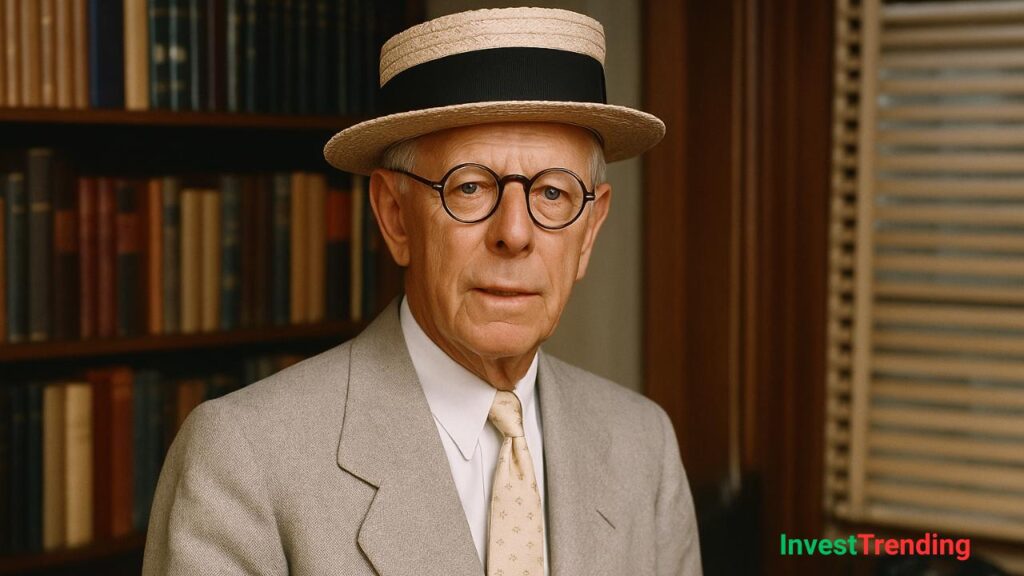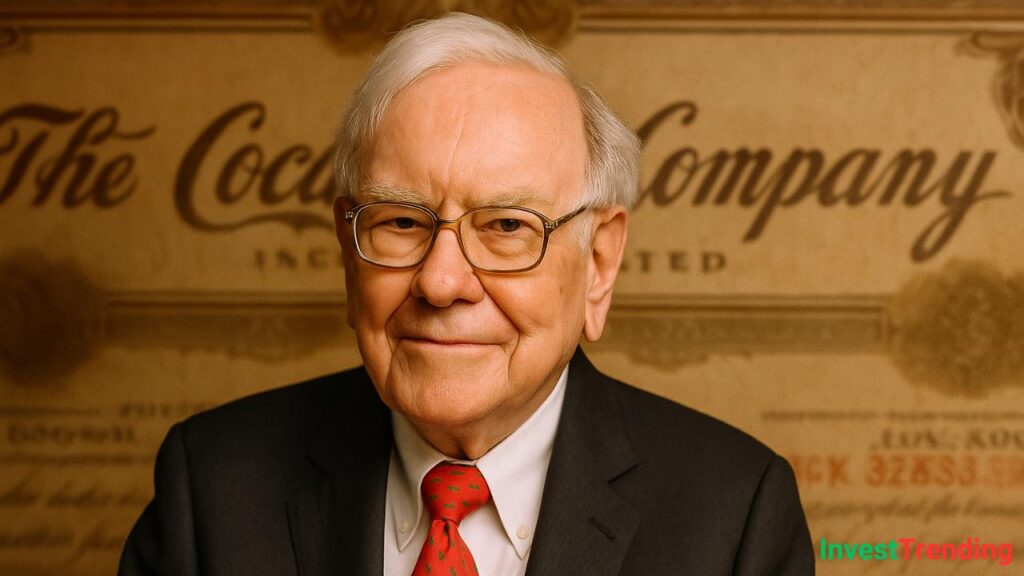
Early Life and Background
Paul Tudor Jones II was born on September 28, 1954, in Memphis, Tennessee, into a middle-class family. His father was a successful businessman, which exposed young Paul to the world of finance from an early age. His uncle, John T. Jones, was the editor of the Memphis Daily News, which further influenced Paul’s interest in understanding economic trends and financial markets.
Jones attended Presbyterian Day School and later Memphis University School, where he excelled academically and athletically. He was an active boxer, a sport that instilled discipline, focus, and resilience—traits that would later become essential in his trading career.
After high school, Jones attended the University of Virginia, where he earned a degree in economics in 1976. During his time at university, he was actively involved in student organizations and showed a keen interest in the financial markets. He also wrote papers on economic theories and displayed an intuitive understanding of market movements. His involvement in boxing at UVA further honed his mental toughness and ability to remain composed under pressure.
Entry into the Investment World
After graduating, Paul Tudor Jones began his career as a commodities trader. He was initially hired by Eli Tullis, a well-known cotton trader in New Orleans, and learned the intricacies of trading under his mentorship. Working under Tullis provided Jones with firsthand experience of the fast-paced and high-risk world of commodities trading.
During this time, Jones learned essential trading principles such as risk management, market psychology, and technical analysis. He quickly grasped how global supply and demand affected commodity prices and used this knowledge to his advantage.
However, he soon realized that working for others would limit his potential. In the late 1970s, he briefly worked as a broker at E.F. Hutton before deciding to carve his own path.
Founding Tudor Investment Corporation
In 1980, Paul Tudor Jones founded Tudor Investment Corporation, a hedge fund that would later become one of the most successful in history. Initially, he focused on trading commodities and currencies but soon expanded into equities, fixed income, and global macroeconomic investments.
One of the defining moments of his early career was predicting and capitalizing on the 1987 stock market crash, known as Black Monday. Through a combination of technical analysis, historical market data, and a deep understanding of market psychology, Jones anticipated the market collapse and positioned his portfolio accordingly. When the Dow Jones Industrial Average fell by over 22% in a single day on October 19, 1987, Tudor Investment Corporation made an estimated 62% return that year, solidifying Jones’ reputation as a market wizard.
Investment Strategies
Paul Tudor Jones is renowned for his macro trading strategies, which involve analyzing economic indicators, interest rates, and geopolitical events. His key strategies include:
- Trend Following: Jones believes in capitalizing on existing market trends. He follows technical indicators such as moving averages, momentum oscillators, and price action patterns to identify strong trends and ride them for maximum profitability.
- Risk Management: He places a strong emphasis on risk control, using stop-loss orders to minimize potential losses. His philosophy is that preserving capital is as important as making profits.
- Contrarian Investing: He often takes positions opposite to market sentiment when he believes the crowd is wrong. This contrarian approach allows him to capture profits when market reversals occur.
- Global Macro Trading: Jones invests in currencies, commodities, equities, and bonds across global markets based on economic and political developments. He constantly monitors central bank policies, inflation rates, and trade policies to make informed decisions.
- Pattern Recognition: He heavily relies on technical analysis and chart patterns to predict market movements. Jones believes that history repeats itself in financial markets, and he meticulously studies past market cycles to anticipate future trends.
- Event-Driven Trading: He takes advantage of market-moving events such as interest rate decisions, geopolitical conflicts, and corporate earnings reports.
Challenges and Setbacks
Despite his massive success, Jones faced challenges along the way. The hedge fund industry is highly competitive, and even the best traders experience losses. Some of the challenges he encountered include:
- Market Volatility: The unpredictability of financial markets sometimes led to unexpected losses. Even with his expertise, Jones has had periods where his funds underperformed.
- Regulatory Changes: New regulations in the financial industry occasionally impacted his trading strategies, requiring him to adapt to changing compliance requirements.
- Fund Performance Variability: While he had outstanding years, there were also periods when Tudor Investment Corporation underperformed. Investors have high expectations, and maintaining consistent performance is always a challenge.
- Economic Crises: Global economic downturns, such as the 2008 financial crisis, posed risks even for seasoned traders like Jones. However, his ability to adapt and reassess his strategies allowed him to remain successful.
Philanthropy and Legacy
Beyond investing, Paul Tudor Jones is known for his philanthropic efforts. He founded the Robin Hood Foundation in 1988, a nonprofit organization dedicated to fighting poverty in New York City. The foundation focuses on education, job training, and healthcare programs to uplift underserved communities.
Jones has donated millions of dollars to educational initiatives, disaster relief programs, and environmental conservation efforts. He strongly believes in giving back to society and has used his wealth to drive positive change.
Current Status
Today, Paul Tudor Jones remains an influential figure in the investment world. He continues to manage Tudor Investment Corporation, though his role has shifted towards advisory and strategic decision-making rather than active trading.
He is often invited to financial conferences and media platforms to share his insights on market trends and economic policies. His investment philosophy is studied by traders and investors worldwide, and he is regarded as one of the greatest hedge fund managers of all time.
Jones is also an advocate for sustainable investing and has been vocal about the importance of ethical financial practices. He believes that businesses and investors have a responsibility to contribute to social and environmental causes.
Conclusion
Paul Tudor Jones’ journey from a young economics graduate to a billionaire hedge fund manager is a testament to his skill, discipline, and intuition. His ability to predict major market movements, adapt to changing economic conditions, and implement rigorous risk management strategies has cemented his place in investment history.
Aspiring traders and investors can learn valuable lessons from his strategies, risk management techniques, and unwavering commitment to excellence. His story serves as an inspiration for anyone looking to succeed in the world of finance.



